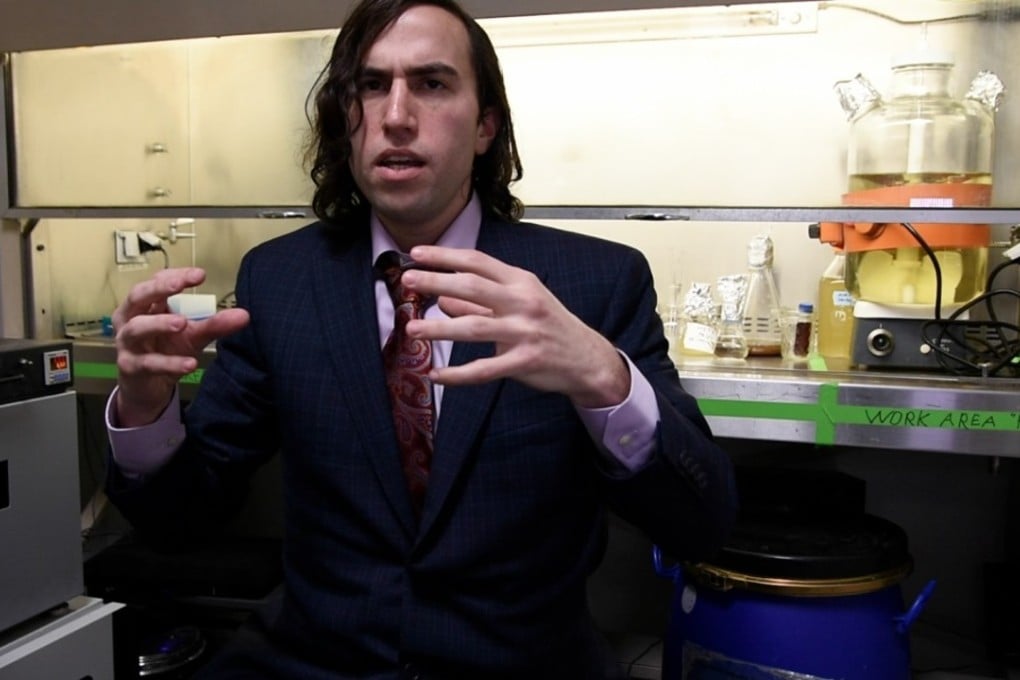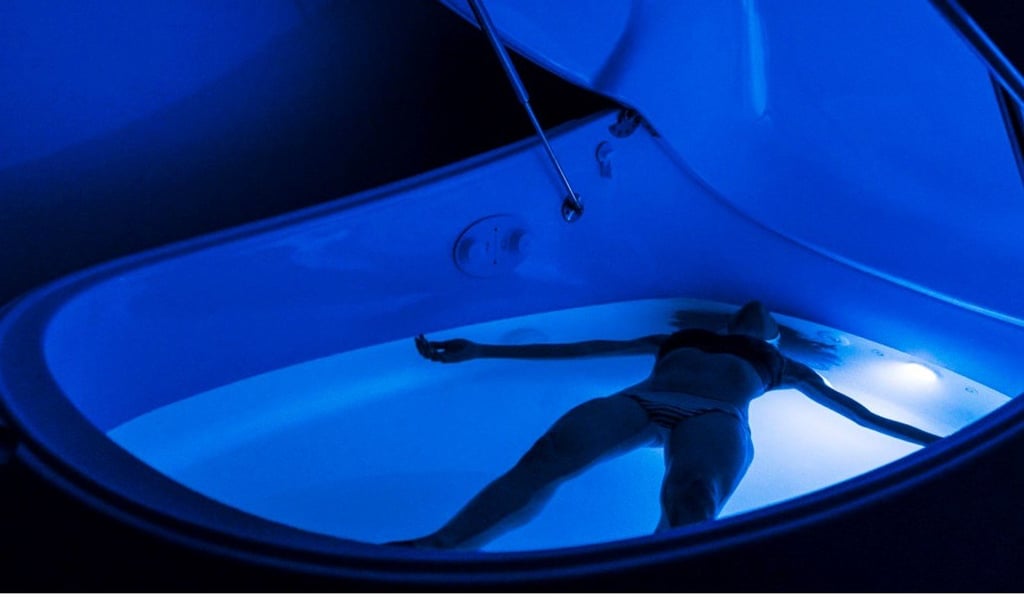Controversial ‘bio-hacker’ Aaron Traywick found dead in sensory deprivation tank
Traywick, 28, was known for pushing ethical and scientific boundaries

A controversial biotech engineer was found dead Sunday in a sensory deprivation tank at a spa in downtown Washington.
District of Columbia police said the body of Aaron Traywick, 28, who ran a company called Ascendance Biomedical, was found by staff in an isolation pod at Soulex Float Spa.
A spokeswoman for the police department, Rachel Schaerr Reid, said the cause of death is pending an autopsy but “at this point, we don’t have any evidence to suggest foul play.”
The flotation company’s website says the pods are a “scientifically proven, time efficient method to unwind and bring regeneration to the daily grind.”

Traywick was known as a “bio-hacker”, a genetic engineer or scientist who works outside the mainstream ethical and institutional guidelines established by private corporations, universities and the Food and Drug Administration. He once gained attention when he injected himself with what he called a genetically designed herpes treatment while on Facebook Live at a conference in Austin.